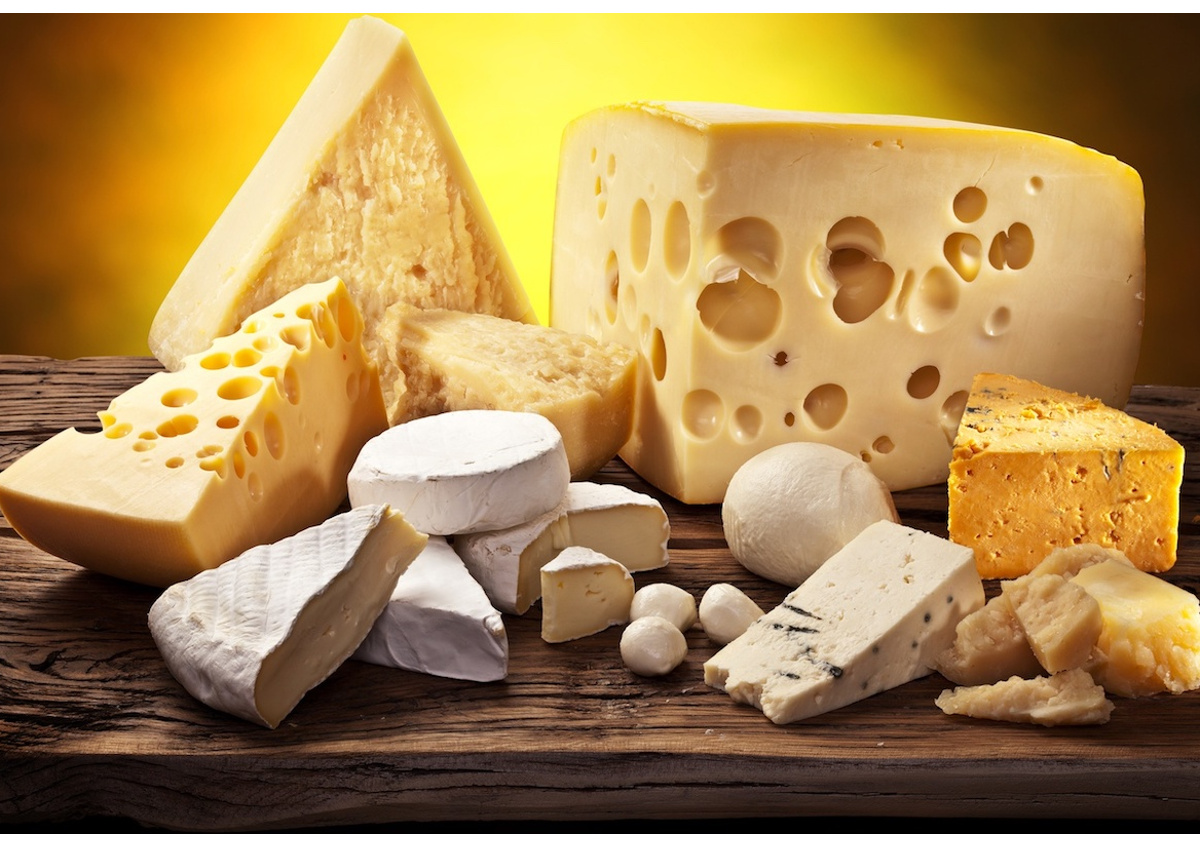
The Italian dairy sector boasts over 500 different varieties of Italian cheese. This means one could even enjoy a different kind of cheese for every day of the year.
“Free from” cheese
Also in the dairy sector, consumers are looking for products that meet specific dietary requirements. Lactose, fat, and sodium may discourage those with special dietary needs from eating cheese.
Lactose
In addition to lactose-free cheese (with the lactose content reduced through the use of technology), the Italian dairy sector offers several cheese types with reduced lactose (achieved through standard processing). Thanks to recent legislation, two labels can be found on the products: “naturally lactose-free” and “naturally low in lactose”. The first includes seasoned cheese, such as Grana Padano and Parmigiano Reggiano, whose lactose content is less than 0.1%, while in the second are cheese types, such as PDO Asiago or PDO Gorgonzola, in which lactose is reduced by the use of lactic bacteria.
Fats
The rather vague “light” label normally refers to the fat content. The Italian market offers those consumers who want to reduce their fat intake a wide choice of cheese types – also top quality products – with reduced fat content. It is worth pointing out though that fat is an essential ingredient of cheese, therefore the word “light” must always be put into context. Compared to standard cheese, light cheese has a reduced fat content.
Sodium
As per sodium, finding cheese that is completely salt-free is rather difficult. Salt, in addition to milk and rennet, is often the “only ingredient” included in the traditional production techniques of many cheeses. Moreover, it is also allowed by specifications of protected products.
Gluten
Concerning gluten, traditional cheese is naturally free of such protein, and thus it is usually suitable for those suffering from celiac disease. As for processed cheese, such as those melted, sliced, and the spreadable kinds, gluten may be present in the form of a thickener.
Top 5 productions: it’s a win for PDOs
|
PDO Grana Padano |
185,873 tonnes |
|
PDO Parmigiano Reggiano |
139,685 tonnes |
|
PDO Gorgonzola |
59,974 tonnes |
|
PDO Buffalo Mozzarella from Campania |
44,207 tonnes |
|
PDO Roman Pecorino |
36,015 tonnes |
Source: 2016 Assolatte report


